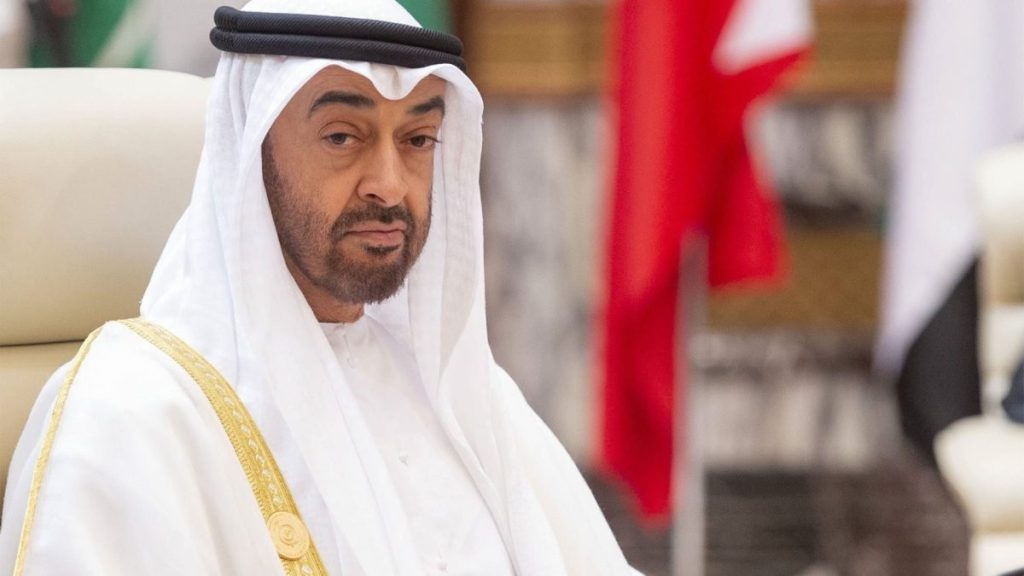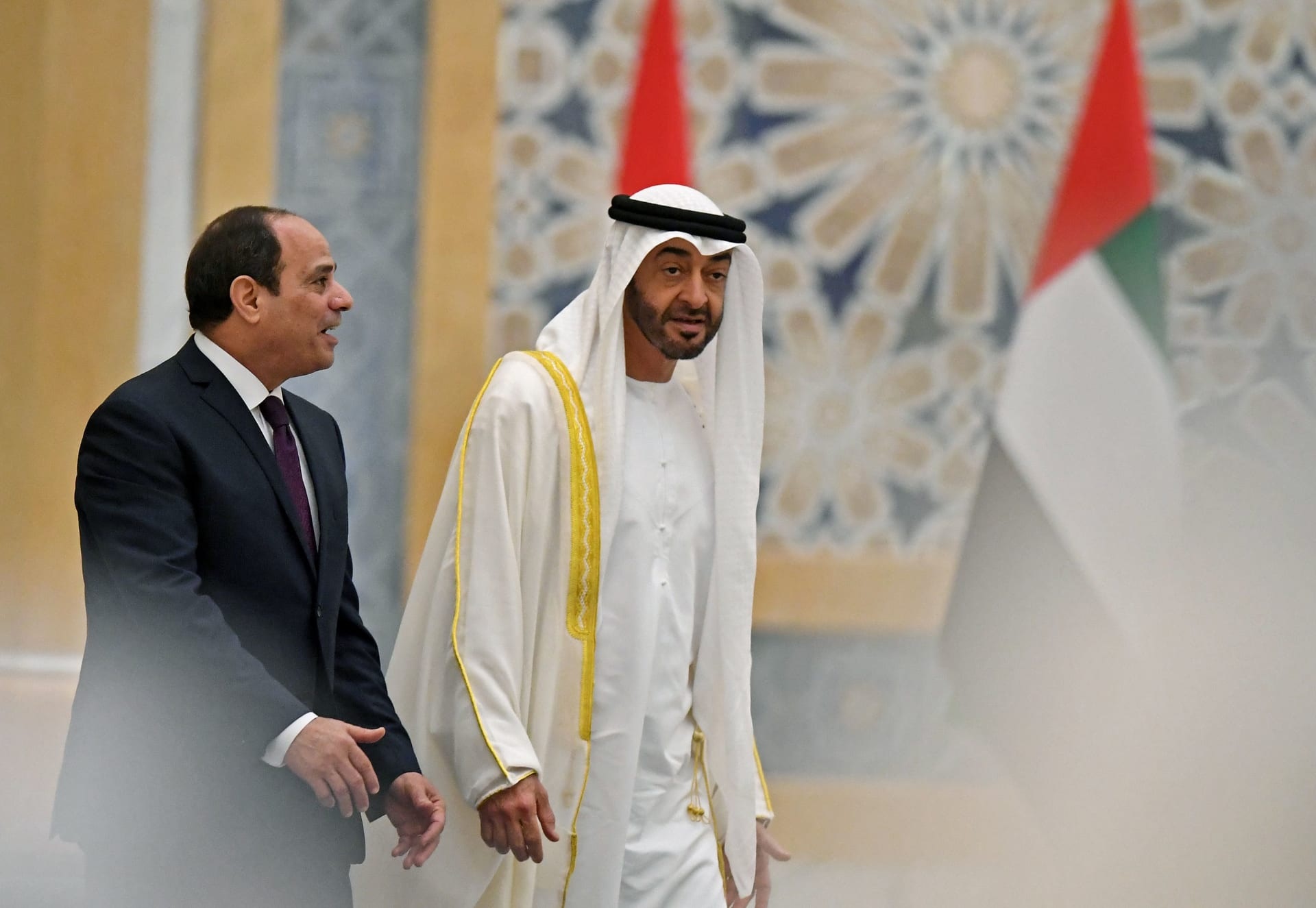Watan–The UAE authorities officially announced the handover of Abdel Rahman Yusuf Al-Qaradawi from Lebanon amidst growing fears concerning his fate, given the UAE’s history of suppressing political opponents.
The move has sparked widespread controversy, especially since Al-Qaradawi does not hold UAE citizenship but holds both Egyptian and Turkish nationalities. This opens the possibility of his extradition to the Sisi regime, where he faces fabricated political charges that could lead to imprisonment or even execution.
The transfer of Al-Qaradawi came after his arrest in Beirut based on an Interpol warrant issued by the Arab Interior Ministers Council. The UAE confirmed in an official statement that it would not hesitate to pursue those they label as “wanted,” raising widespread fears of an unfair trial or torture in UAE prisons, where human rights organizations have documented repeated violations against political detainees.
The irony lies in the complete silence from Turkey and Qatar, the two countries that have long presented themselves as protectors of Islamists and political opponents in the region. Abdel Rahman Al-Qaradawi, son of Sheikh Yusuf Al-Qaradawi, lived for many years in Qatar. However, Doha did not issue any official statement regarding his arrest or transfer, raising questions about the existence of undisclosed agreements between these countries and Abu Dhabi.

The most likely scenario is Al-Qaradawi’s extradition to Egypt, where he will face an uncertain fate, especially since the Sisi regime has previously issued in absentia sentences against him on fabricated political charges related to “inciting chaos and spreading false news.” If this occurs, Al-Qaradawi would become a new victim of the policy of exchanging wanted individuals between repressive regimes in the region, which use legal persecutions as a political tool to suppress opponents.
Human rights organizations, including Human Rights Watch and Amnesty International, have repeatedly warned about the UAE’s violations in handling political detainees, pointing to their exposure to torture and mistreatment. With the absence of any serious international action to pressure Abu Dhabi, Al-Qaradawi’s fate remains uncertain at a time when cross-border repression is increasing. Authoritarian regimes are not only silencing opposing voices within their borders but are also extending their reach abroad to suffocate anyone who dares to criticize them.
